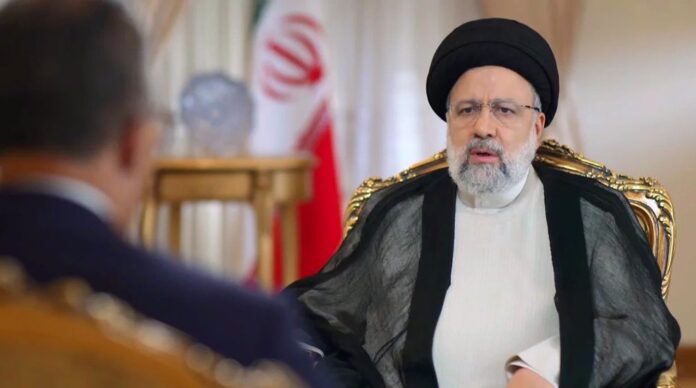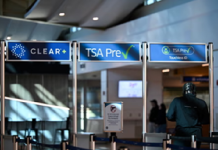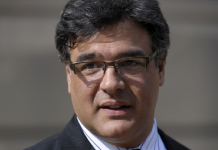TEHRAN:President Ebrahim Raeisi of Iran has emphasized the Islamic Republic’s complete control over its recently unfrozen assets, stating that Iran retains the authority to determine how these funds will be allocated and that they will be utilized “wherever we need it.”
In an exclusive interview with the American broadcast television network NBC, conducted in Tehran on Tuesday, Raeisi addressed the recent agreement between Iran and the United States to exchange prisoners and secure the release of $6 billion held in two South Korean banks since 2018 due to US pressure on Seoul.
The Biden administration had previously indicated that the released funds, along with proceeds from Iranian oil sales to South Korea, were to be earmarked for “humanitarian” purposes.
President Raeisi made it clear during the interview that Iran would exercise “authority” over the allocation of these funds, emphasizing, “This money belongs to the Iranian people and the Iranian government, so it is the Islamic Republic of Iran that will decide how to utilize it.”
When asked about the possibility of using the released funds for purposes beyond humanitarian needs, the Iranian president clarified, “Humanitarian encompasses whatever the Iranian people require. Therefore, this money will be allocated to meet those needs, with the Iranian government determining and prioritizing the needs of its citizens.”
Raeisi also provided assurance that the American detainees in Iran were in good health and would soon be repatriated as the US-Iran prisoner exchange agreement would be concluded within a “timely manner.”
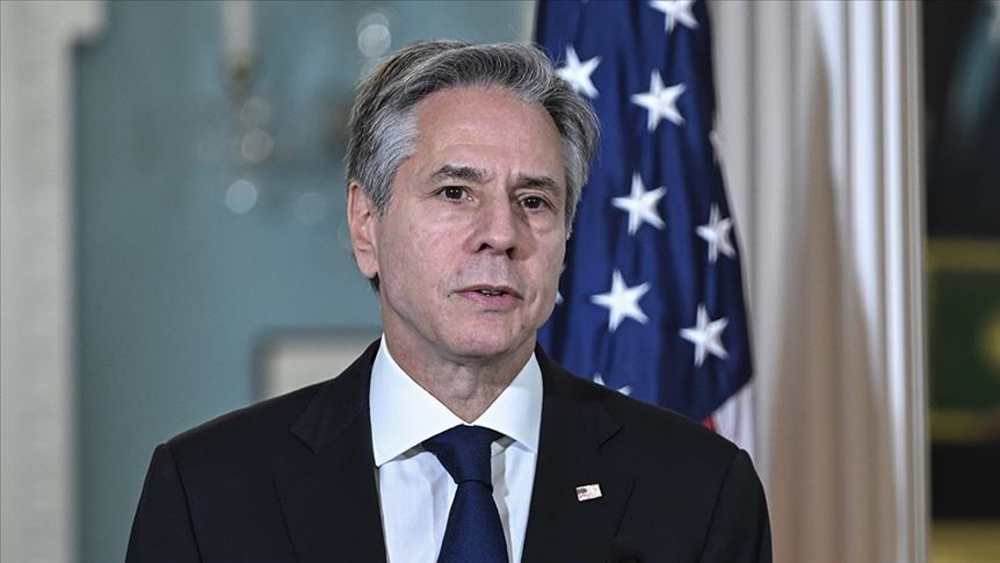 The Biden administration made a significant announcement on Monday, revealing that it had taken concrete actions to facilitate a prisoner exchange while addressing concerns related to sanctions. The administration issued a waiver that grants international banks the ability to transfer $6 billion to Qatar without facing the threat of US sanctions.
The Biden administration made a significant announcement on Monday, revealing that it had taken concrete actions to facilitate a prisoner exchange while addressing concerns related to sanctions. The administration issued a waiver that grants international banks the ability to transfer $6 billion to Qatar without facing the threat of US sanctions.
This waiver effectively ensures that European, Middle Eastern, and Asian banks will not violate US sanctions when converting Iran’s frozen funds from South Korea and transferring them to Qatar’s central bank. These funds will be held there and subsequently utilized by Tehran for the acquisition of non-sanctioned goods.
In addition to this financial arrangement, the Biden administration has also agreed to release five Iranian citizens who were held in the United States. The individuals released have been identified as Mehrdad Moein Ansari, Kambiz Attar Kashani, Reza Sarhangpour Kofrani, Amin Hassanzadeh, and Kaveh Lotfollah Afrasiabi.
Prominent Iranian officials have made it clear that there is no correlation between the recently negotiated prisoner exchange agreement with the United States and the release of Iran’s frozen financial assets.
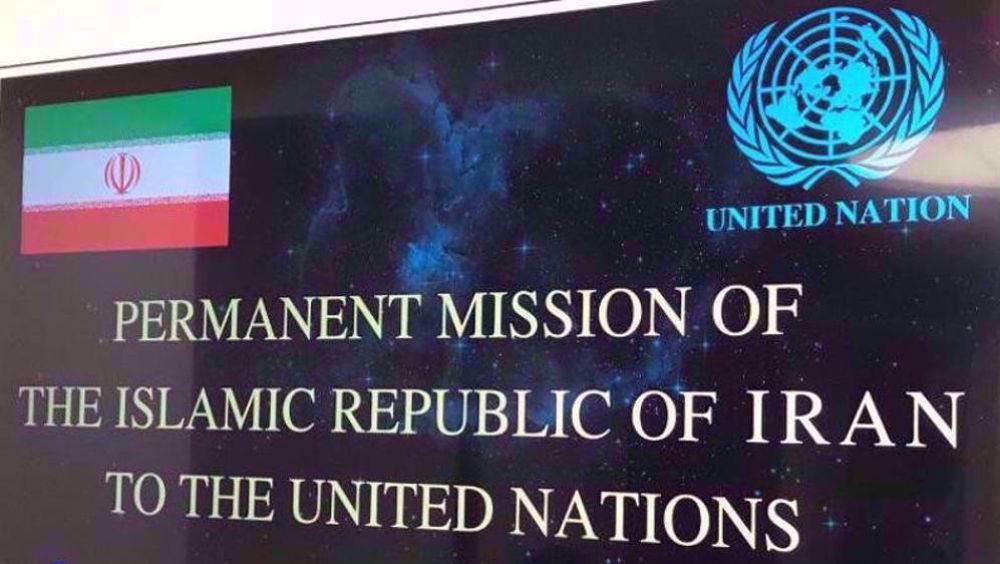
In August, Iran’s Foreign Minister, Hossein Amir-Abdollahian, affirmed, “The prisoner exchange is an entirely humanitarian matter and holds no bearing on the unfreezing of our foreign-held funds.”
Last week, Kazem Gharibabadi, the Secretary of Iran’s High Council for Human Rights, unequivocally rejected any suggestion that Iran’s decision to release American prisoners was contingent on gaining access to its assets.



